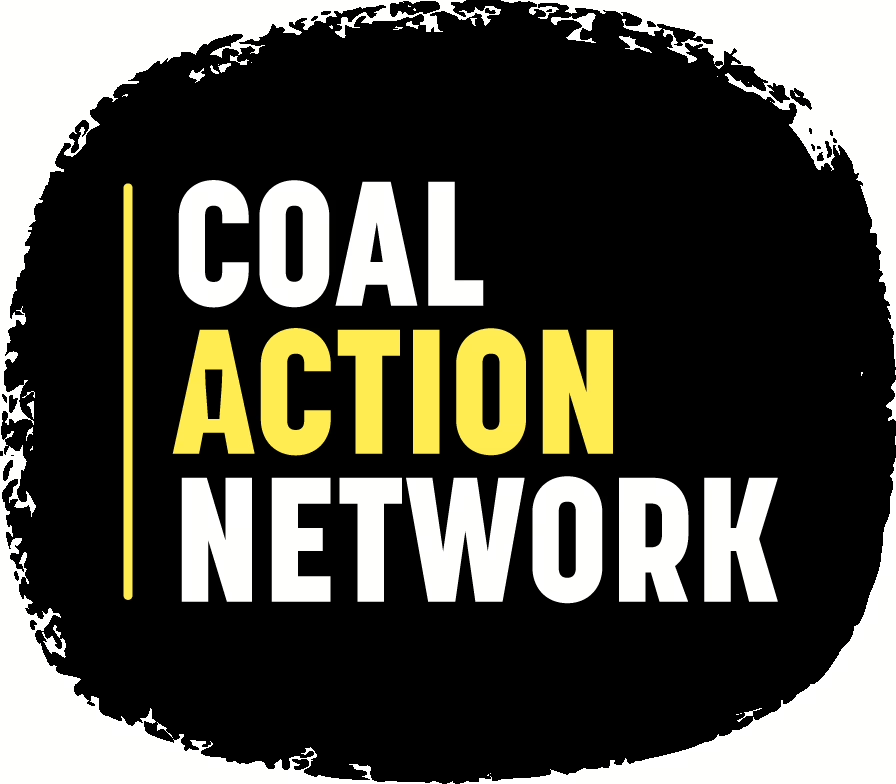| Name |
Contact |
Email |
| AEGIS Managing Agency Limited |
William Hillman, Senior Vice President & Chief Underwriting Officer |
williamhillman@aegislimited.com |
| Allied World Managing Agency Limited |
Darren Powell, Active Underwriter, |
darren.powell@awac.com |
| Alpha Insurance Analysts Limited |
James Sparrow, Managing Director and Analyst |
james@aianalysts.com |
| AmTrust Syndicates Limited |
Alex Christians, Underwriting Director |
alex.christians@anv.eu.com |
| Antares Managing Agency Limited |
Jim Lyle, Head of Energy & Terrorism |
jlye@qicglobal.com |
| Apollo Syndicate Management Limited |
David Ibeson, CEO |
david.ibeson@apollounderwriting.com |
| Arch Underwriting at Lloyd's Ltd |
Hugh Sturgess, CEO |
hsturgess@archinsurance.co.uk |
| Argenta Private Capital Limited |
see below |
below |
| Argenta Syndicate Management Limited |
David Monksfield, Chairman, |
david.monksfield@argentagroup.com |
| Argo Managing Agency Limited |
David Snowden, SVP Group Communications |
david.snowden@argogroupus.com |
| Ark Syndicate Management Limited |
Ian Beaton, CEO |
ian.beaton@arkunderwriting.com |
| Ascot Underwriting Limited |
Andrew Brooks, CEO |
andrew.brooks@ascotuw.com |
| Aspen Managing Agency Limited |
Jamie Lewis - Head of London Aspen Re, jamie.lewis@aspen-re.com +442071848319 |
jamie.lewis@aspen-re.com |
| Asta Managing Agency Limited |
Julian Tighe j.tighe@asta-uk.com CEO, Keith Nevett k.nevett@asta-uk.com Head of Business Development |
j.tighe@asta-uk.com |
| Atrium Underwriters Limited |
Richard Harries, CEO |
Richard.Harries@atrium-uw.com |
| Axis Managing Agency Ltd |
Victoria Rodrigues da Costa, Senior Underwriter |
victoria.rodriguesdacosta@axiscapital.com |
| Barbican Managing Agency |
David Reeves, CEO |
david.reeves@barbicaninsurance.com |
| Beazley Furlonge Limited |
Sally Lake, Group Finance Director |
sally.lake@beazley.com |
| Brit Syndicates Limited |
Brian Randall, Energy Director |
brian.randall@britinsurance.com |
| Canopius Managing Agents Limited |
Rachel Sabbarton, Head of Energy |
Rachel.Sabbarton@canopius.com |
| Capita Managing Agency Limited |
Simon Sykes, CEO |
CSIS.enquiries@capita.com |
| Catlin Underwriting Agencies Limited (owned by AXA) |
Sean McGovern, CEO at Lloyd's |
sean.mcgovern@axaxl.com |
| Chaucer Syndicates Limited |
Ed Lines, Active Underwriter, Syndicate 1084
Michael Dawson, Active Underwriter, Syndicate 1176
|
ed.lines@chaucerplc.com
michael.dawson@chaucerplc.com
|
| Chubb Underwriting Agencies Limited |
Evan G. Greenberg, CEO |
evan.greenberg@chubb.com |
| CNA Hardy |
Jalil Rehman, CEO |
Jalil.Rehman@cnahardy.com |
| Endurance at Lloyd's Limited |
Julian James, CEO |
jjames@sompo-intl.com |
| ERS Syndicate Management Limited |
Peter Bilsby, CEO |
peter.bilsby@ers.com |
| Faraday Underwriting Limited |
Tom Shelley, CEO |
tom.shelley@faraday.com |
| Hamilton Managing Agency Limited |
Adrian Daws, ceo |
adrian.daws@hamiltongroup.com |
| Hampden Agencies Limited |
Stephen Harris, CEO |
Stephen.harris@hampden.co.uk |
| HCC Underwriting Agency Ltd |
Susan Rivera, CEO |
srivera@tmhcc.com |
| Hiscox Syndicates Limited |
Kate Markham, CEO |
kate.markham@hiscox.com |
| Lancashire Syndicates Limited |
Alex Priestly, Head of Energy |
alex.priestley@lancashiregroup.com |
| Liberty Managing Agency Limited |
Matthew Moore, President |
matthew.moore@libertyglobalgroup.com |
| Managing Agency Partners Limited |
Chris Smelt, ED |
csmelt@mapunderwriting.co.uk |
| Markel Syndicate Management Limited |
Paul Jenks, ED |
paul.jenks@markelintl.com |
| MS Amlin Underwriting Limited |
Chris Beazley, CEO |
Chris.Beazley@msamlin.com |
| Munich Re Syndicate Limited |
James Grainger, Head of Energy & Aerospace |
jgrainger@munichre.com |
| Navigators Underwriting Agency Limited |
Tim Ryan, Head of wholesale business |
timothy.ryan@thehartford.com |
| Nephila Syndicate Management Limited |
Richard Oduntan, CEO |
richard.oduntan@nephila.com |
| Newline Underwriting Management Limited |
Andrew Higgins, Senior Underwriter |
AHiggins@newlinegroup.com |
| Premia Managing Agency Limited |
Bill O'Farrell, CEO |
bofarrell@premiareus.com |
| QBE Underwriting Limited |
David Harries - Director of Financial Market |
david.harries@uk.qbe.com |
| RenaissanceRe Syndicate Management Limited |
Bryan Dalton, CUO |
bmd@renre.com |
| Riverstone Management Limited |
David Pearson, Head of Delegated Authority & Client Management |
david.pearson@rsml.co.uk |
| S.A. Meacock & Company Limited |
Matthew Bartlett, CEO |
matthew.bartlett@sameacock.com. |
| Sirius International Managing Agency Limited |
Robert Harman, CEO |
robert.harman@siriusgroup.com |
| Starr Managing Agents Limited |
James Johnson, Head of Power |
James.johnson@starrcompanies.com |
| Talbot Underwriting Ltd |
Chris Rash, CEO |
Paula.Storey@talbotuw.com |
| The Channel Managing Agency Limited |
Stuart McMurdo |
smcmurdo@scor.com |
| Tokio Marine Kiln Syndicates Limited |
Nick Hutton-Penman, Deputy Group CEO |
nick.hutton-penman@tokiomarinekiln.com |
| Travelers Syndicate Management Limited |
Nick Rnjak |
nrnjak@travelers.com |
| W.R.Berkley Syndicate Management Limited |
Alastair Blades, CEO |
ablades@wrbunderwriting.com |







